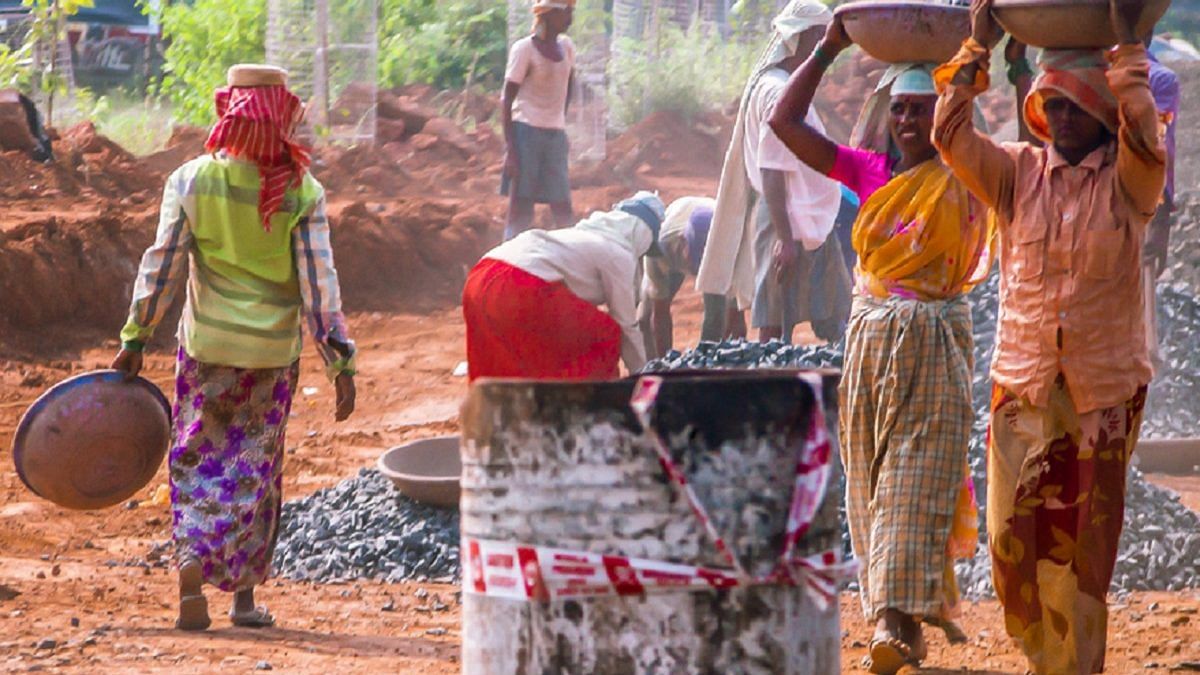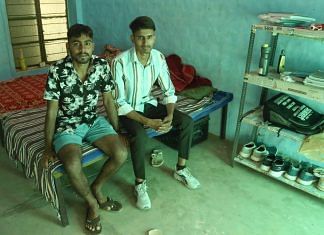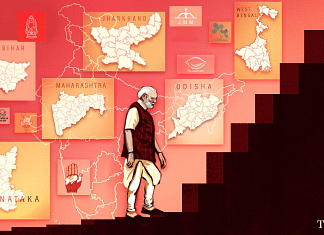Thank you dear subscribers, we are overwhelmed with your response.
Your Turn is a unique section from ThePrint featuring points of view from its subscribers. If you are a subscriber, have a point of view, please send it to us. If not, do subscribe here: https://theprint.in/
Indian Constitution promises equality in all dimensions. The constitution captures India as an egalitarian, multi-cultural society firmly entrenched in rule of law and human dignity. The Constitution, as interpreted by the judiciary, provides for creation of a level playing field, for all its citizens, by appropriate State action. In an open society success depends on education, on equipping oneself to compete and win in an intensive competitive environment. It all begins with every citizen getting an equal opportunity to get the education on which success depends.
We have experienced that equal opportunity seldom results in equal outcome. Millions of athletes the world over train for the Olympics, most, almost on equal terms. A majority of these athletes do not get to finish on the podium. All army officers pass out of academies as equals; only one in thousands becomes COAS. Meritocracy decides who rises and who falls, creating an unequal society from equal opportunities. As winners rejoice losers feel humiliated giving rise to resentment. This creates doubts that even a perfect meritocracy, helped along by reservations in India, would be satisfying either morally or politically. In many cases this results in freighted protests accusing the system is rigged and winners have cheated.
The dissonance in the meritocratic society was all too evident in the US Presidential elections in 2016, fought between Hillary Clinton and Donald Trump. During the campaign DT had to repeatedly proclaim himself as a “smart” person and insist he had a credible education in prestigious colleges. This mournful and often comic proclamations touched a chord with that voter base who were aggrieved and resented the meritocratic hubris of elites. As it turned out DT got the votes of those who could not attend college while HC got all the votes of the meritocratic elite”. Trump’s defensiveness in the face of questions about his meritocratic credentials probably worked in his favour to get the votes of the working class who nursed grievances against the hubris of the elite.
In verse 13 of chapter 4 of the Bhagwat Gita, there is a mention of the four categories of occupations created according to people’s qualities and activities. These four castes were the Brahmins (priests, teachers), Kshatriyas (rulers, warriors), Vaishyas (landowners, merchants) and Sudras (servants). True to the inequality in contrived equality, there was also the fifth group of the untouchables, later called Dalits.The Vedas also classify people into four categories vide their occupations, and not according to their birth. That this “caste” system turned into an ugly monster over time is another story for another day. Similar varieties of differentiation exist in every society. Even in communist nations where equality is the basic ideology, the diversity in status cannot be eliminated.
There are the philosophers who are the communist party think-tanks, there are the military men who protect the country, there are the farmers who engage in agriculture, there are the factory workers and there are idlers. All these are treated differently and enjoy differing perks and privileges. Meritocracy played its part even then, but within the respective
classes. In all these Nations today the law of the land provides for equal
opportunities yet inequalities pervade the society.
As a Nation we believe that a college degree is the primary route to a respectable job and a decent life. We categorise institutions of higher education and rank them, in the process creating an elite class ranked according to their college and degrees. They are defined as achievers who deserve their success as a result of their hard work. Those who do not make it there, are demoralized and looked down upon by the society as failures. This creates a credentialist prejudice that undermines the dignity of work and demeans those who have not been to college at all. It is another matter that all colleges, especially in India, do not produce equally employable professionals.
Under the conditions of rampant inequality and stalled mobility, reiterating the message that we are responsible for our fate and deserver what we get erodes solidarity and demoralizes those left behind by progress. Insisting that social and political problems are best solved by this elite and technocrats corrupts democracy and disempowers ordinary citizens. The need of the hour is to restore pride in work. Meritocracy should not be universalised. It should be compartmentalized and treated equally in all vocations. While encouraging hard work and meritocracy the wide gap in compensation between the extremes of the hierarchies has to be narrowed. Dignity of labour has to be maintained through equal compensation and recognition.
Tail piece: as evidenced in the US Presidential polls of 2016, demeaned self-esteem is the main cause of polarized politics of our time. All labour and laboring deserve equal respect. Probably this will benefit the society more than the unequal “equal opportunity”.
These pieces are being published as they have been received – they have not been edited/fact-checked by ThePrint.









COMMENTS